SYMBOKO II
Pflanzenbasierte Kohlenstoffabscheidung und -speicherung in grünem Methanol
Die Umstellung des Mobilitätssektors von fossilen auf erneuerbare Kraftstoffe ist für die Bewältigung des Klimawandels unerlässlich. Aufgrund ihrer hohen Energiedichte sind grüne flüssige Kraftstoffe für die Lagerung und den Transport in Fahrzeugen und insbesondere Schiffen von Vorteil. Grünes Methanol wird eine wichtige Rolle spielen, und eine Produktionsstruktur in kleinem Maßstab, die auf der dezentralen Gewinnung von grünem Wasserstoff und biogenen Rohstoffen beruht, ist der Schlüssel dazu.
In dem Projekt demonstrieren wir eine dezentrale Produktionskette für grünes Methanol in kleinem Maßstab durch pflanzliche Kohlenstoffabscheidung, grüne Wasserstoffproduktion, Gaserzeugung durch Fermentation und die Verflüssigung in einem integrierten neuartigen Prozess.
Der innovative Ansatz umfasst eine auf FLOX basierende Synthesegaserzeugung, die mit einer grünen Wasserstoffproduktion und einer kleintechnischen Methanolsynthese integriert ist.
Als Ausgangsmaterial kommen fast alle Arten von organischen Abfällen, aber auch Energiepflanzen in Frage, die vorzugsweise in sonnigen und trockenen Regionen angebaut werden: Der Feigenkaktus ist eine vielversprechende Option, da er große Mengen CO2 aus der Luft aufnehmen kann, während das Wasser in der Pflanze verbleibt.
- Der von den Pflanzen abgeschiedene Kohlenstoff wird zu fast 100 % in grünem Flüssigbrennstoff gespeichert.
- Effiziente Umwandlung von Wasserstoff aus erneuerbaren Energien in flüssigen Kraftstoff
- Verwendung fast aller Arten von organischen Abfällen im Biogas-Fermenter
- Höhere Produktion von grünem Methanol als bei jedem anderen Verfahren
- Perfekte Lösung für aride Gebiete mit neuem Anlagenkonzept

Hintergrund
Eine der großen Herausforderungen unserer Zeit ist die Reduzierung von anthropogenen Treibhausgasen verbunden mit dem Ziel klimaneutrale Prozesse zu schaffen in den Bereichen Industrie, Mobilität, Wärmemarkt und Landwirtschaft.
Konventionelle Prozesse sind in der Regel optimiert unter den Aspekten Energieeffizienz und Wirtschaftlichkeit auf Basis fossiler Energieträger. Ein Wechsel zu erneuerbaren Energien erfordert zum Teil massive Änderungen der Prozesse aus technologischer und energetischer Sicht. Damit verbunden, müssen konventionelle Geschäftsmodelle überdacht werden.
Die Erzeugung von grünem Methanol aus Biomasse kann hier eine komplett neue Wertschöpfungskette schaffen. Die konventionelle Methanolerzeugung gilt als technologisch etabliert, verursacht jedoch hohe CO2-Treibhausgasemissionen bei einer Jahresproduktion von über 100 Mio. Tonnen. Alternativ kann Methanol aus Biogas sowie Elektrolysewasserstoff hergestellt werden. Biogas wird zunächst über ein Reformierverfahren in ein Synthesegas umgewandelt, welches wiederum in einem Synthesereaktor unter Zusatz des Wasserstoff zu Methanol umgesetzt wird. Das Ganze kann in Abhängigkeit der Größe der Biogasanlage als dezentrale Containeranlage ausgelegt werden. Genau hier setzt Symboko an. Symboko vereint die einzelnen Prozesse in einer Containeranlage zur dezentralen Produktion von Methanol, welches verwendet werden kann als
- H2-Speicher
- Grundchemikalie für die Industrie (Formaldehyd, Ameisensäure)
- Zur Biodieselproduktion
- Kraftstoff (Verbrennungsmotor, Brennstoffzelle)
Die damit verbundene Wertschöpfungskette bindet Landwirte und Farmbesitzer, Biogaserzeuger, EE-Stromerzeuger aus PV und Wind, Erzeuger grünen Wasserstoff und weitere ein.
Projektverbund
Im bereits laufenden Projekt SYMBOKO (Synthese von Methanol aus Biogas mit vollständiger Kohlenstoffnutzung) wird ein innovatives Verfahrens zur Methanolerzeugung aus Biogas unter Einbindung von Wasserstoff und Sauerstoff aus regenerativen Quellen entwickelt. Der Innovationsgehalt liegt in einem neuartigen Verfahren zur Herstellung von Synthesegas, dass mit einer entsprechenden Prozessverschaltung einen Kohlenstoffnutzungsgrad des Gesamtprozesses > 95% sowie die flexible Einbindung volatilen Wasserstoffs und Sauerstoffs ermöglicht.
Die Verfahrensentwicklung ist darauf ausgelegt, eine CO2-neutrale Wertschöpfungskette zu initiieren, deren Kernkonzept es ermöglicht, aus biogenen Reststoffen den chemischen Grundstoff Methanol zu erzeugen, ein künftiger alternativer Nutzungspfad für Betreiber von Biogasanlagen. Vorteil gegenüber einer konventionellen Produktion von Biomethan ist die Nutzung beider C-tragender und treibhausgasrelevanter Komponenten CO2 und CH4 ohne CO2-Abtrennung. Durch den hohen Kohlenstoffnutzungsgrad und die ausschließliche Verwendung erneuerbarer Energien kann zusätzlich eine weitgehende Emissionsminderung erreicht werden. Im Projekt wird hierzu eine Demonstrationsanlage in Containermaßstab errichtet und getestet, die das innovative Verfahren zur Synthesegaserzeugung als Basis zur Methanolsynthese abbildet.
Zur Realisierung steht ein schlagkräftiges Konsortium zur Verfügung, welches jeweils seine Kompetenzen einbringt:
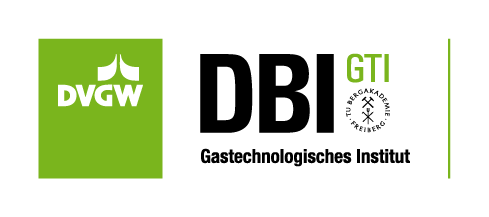
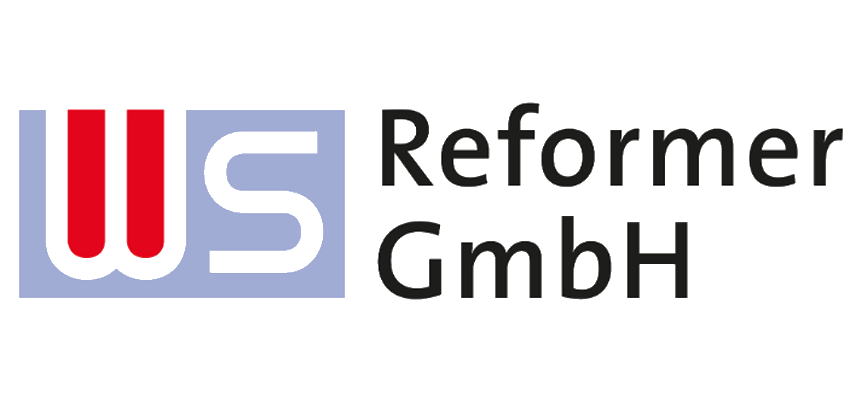
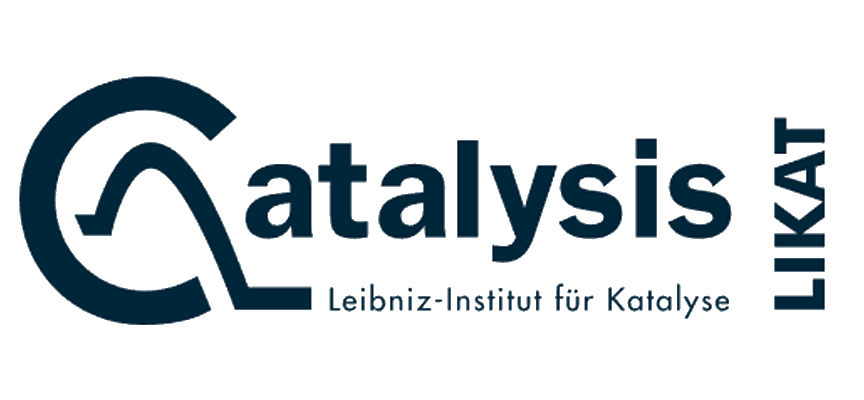
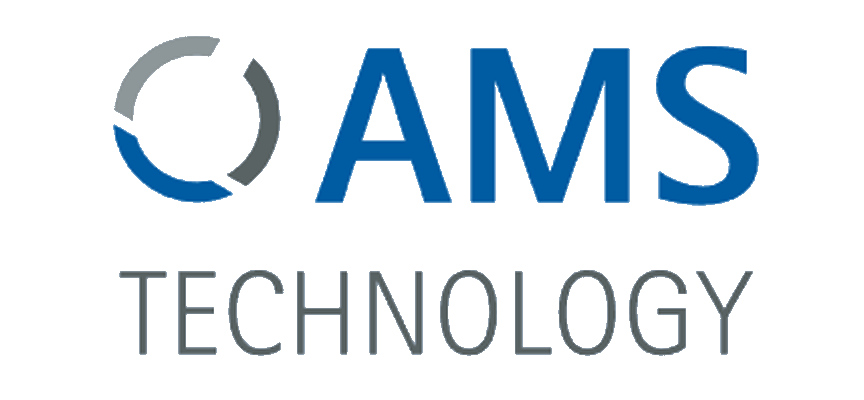
Finanzielle Unterstützung
SYMBOKO II soll durch öffentliche Mittel im Rahmen von folgenden Projekten initiiert werden
Internationale Wasserstoffprojekte
einer Initiative des Bundesministeriums für Wirtschaft und Klimaschutz (BMWi)
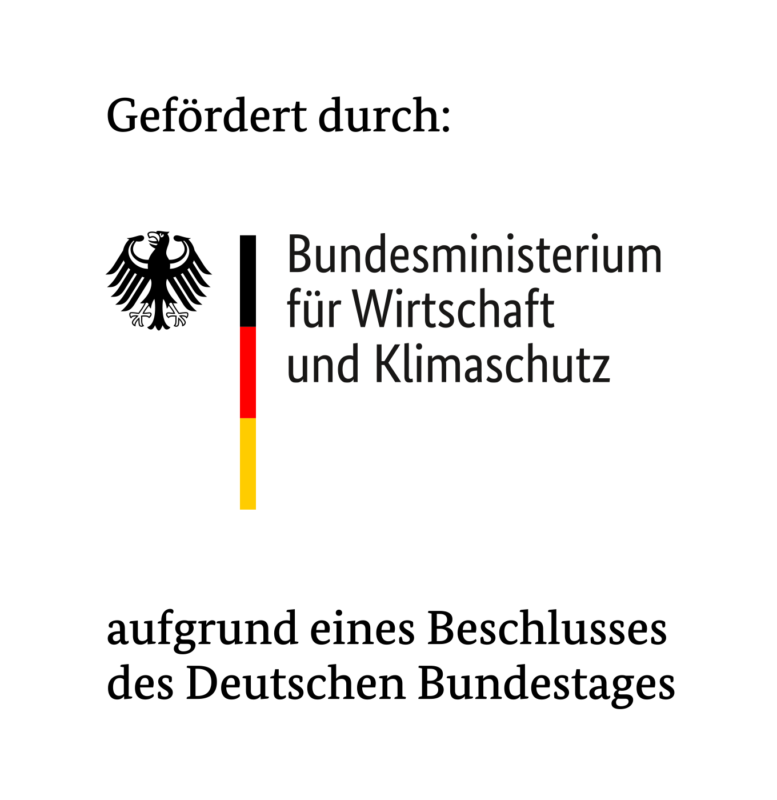
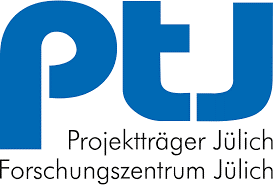
Ihr Kontakt zu uns

Geschäftsführer Engineering & Consulting
Sprecher
Gert Müller-Syring
Der DBI Newsletter.
Erhalten Sie regelmäßig aktuelle Informationen vom DBI, ganz individuell auf Ihre persönlichen Interessen zugeschnitten.


